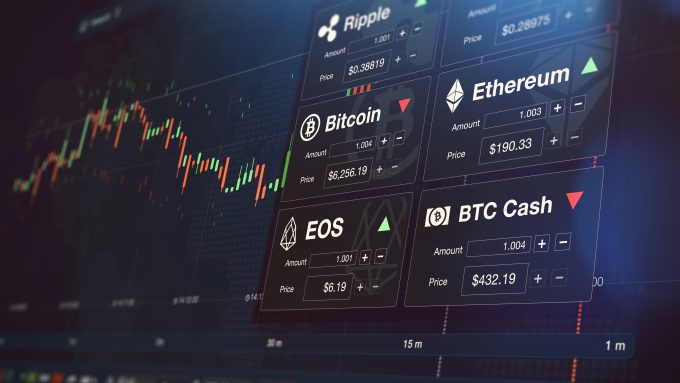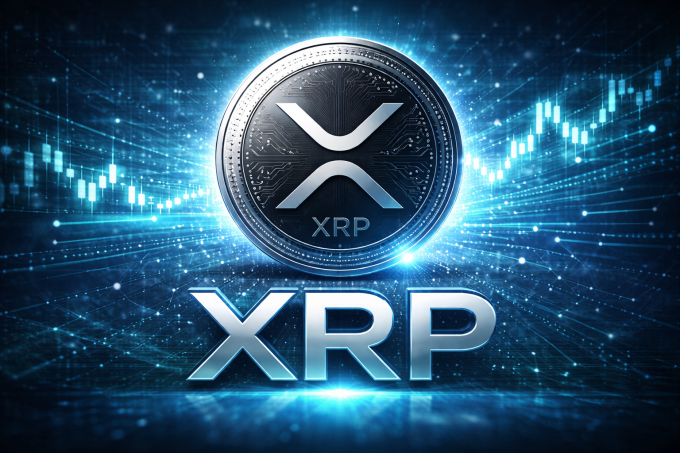The corporate Bitcoin treasury movement, once seen as a bold strategy to boost balance sheets and shareholder confidence, has begun to show cracks. While early adopters such as Strategy (formerly MicroStrategy) turned their Bitcoin accumulation into a stock market success story, not every company has been able to replicate that magic. In 2025, several firms that bet heavily on Bitcoin have seen their stock prices stall—or even collapse—despite holding sizable BTC reserves.
The Rise and Cooling of Bitcoin Treasuries
Since Strategy’s landmark first purchase in August 2020, the number of publicly listed companies holding Bitcoin has surged. As of Aug. 29, 2025, 161 publicly traded firms hold more than 1 BTC, according to BitcoinTreasuries.net. Combined, they account for 989,926 BTC—roughly 4.7% of the total supply.
But the market response to new entrants has cooled. Unlike the euphoria of 2020–2021, when announcements alone sent share prices soaring, many companies in 2025 have found that holding Bitcoin doesn’t guarantee investor enthusiasm. Share spikes have been short-lived, and some stocks have fallen below pre-announcement levels.
GameStop: Retail Hype Fades
GameStop, once a symbol of meme stock mania, revealed its 4,710 BTC purchase in March 2025. The announcement briefly lifted its stock by 12%, peaking at $35 in May. But momentum evaporated, with shares now at $22.79, down 27% year-to-date. The episode highlights how Bitcoin exposure no longer fuels the retail frenzy that defined GameStop’s earlier rise.
Empery Digital: Rebrand Without Reward
Volcon, an electric vehicle maker, rebranded as Empery Digital after announcing a $500 million Bitcoin strategy in July 2025. The move sent its shares from $7 to $21 within days, but the rally collapsed just as quickly. By late August, the stock had slid back to $6.99—nearly where it started. Empery’s 4,019 BTC has not yet translated into sustainable shareholder value.
Sequans Communications: Flash Rally, Fast Crash
French semiconductor firm Sequans Communications (SQNS) accumulated 3,170 BTC in July 2025. Shares spiked from $1.45 to $5.39 immediately after the news but fell back to $1.25 within weeks. The pattern mirrors a broader trend: sharp Bitcoin-related bumps followed by quick reversals.
Vanadi Coffee: Brewing Losses
Spanish café chain Vanadi Coffee, which reported losses of €3.33 million in 2024, attempted a Bitcoin pivot in June 2025 with the purchase of 100 BTC. Shares briefly surged 300% to €1.09 but have since fallen to €0.35—still up 95.6% year-to-date but far below last year’s highs. The strategy bought time, but not long-term stability.
Ming Shing Group: Ambition Meets Market Skepticism
Hong Kong’s Ming Shing Group started buying Bitcoin in early 2025, accumulating 833 BTC. Its shares initially hit $8.50 but have since fallen to $1.85. A recent $483 million deal to acquire 4,250 more BTC briefly revived investor interest, though the gains quickly faded. Market skepticism persists despite its ambition to become Asia’s largest corporate BTC holder.
K Wave Media: Entertainment Meets Bitcoin Drag
South Korea’s K Wave Media entered the Bitcoin treasury arena in July 2025, disclosing $1 billion in BTC acquisition plans. But the stock has declined steadily since, closing at $1.85 on Aug. 28—below its July 3 level. Despite raising significant capital, the company has yet to convince investors that Bitcoin can fuel growth in entertainment.
A Divided Playbook: Success Stories Remain Rare
While many companies have stumbled, some have found success. KindlyMD’s merger with Nakamoto Holdings created a Bitcoin treasury company now holding 5,765 BTC. Its shares have outperformed both Metaplanet and long-standing leader Strategy. Japanese firm Convano, with just 365 BTC, has also exceeded expectations, proving that smaller holdings can still deliver outsized returns with the right execution.
The Road Ahead for Corporate Bitcoin Treasuries
The mixed performance of corporate Bitcoin buyers underscores a shift in investor psychology. Early adopters benefited from novelty and rising BTC prices, but the strategy has since lost its guaranteed allure. For many companies, Bitcoin has become a high-risk Hail Mary rather than a transformative asset.
Going forward, the firms most likely to succeed are those that integrate Bitcoin into their core business models—through payments, infrastructure, or financial services—rather than those simply using it as a treasury hedge. For investors, the lesson is clear: not all Bitcoin treasuries are created equal, and timing, execution, and market context matter as much as the size of the bet.
Comparison, examination, and analysis between investment houses
Leave your details, and an expert from our team will get back to you as soon as possible













https://shorturl.fm/6SYSV